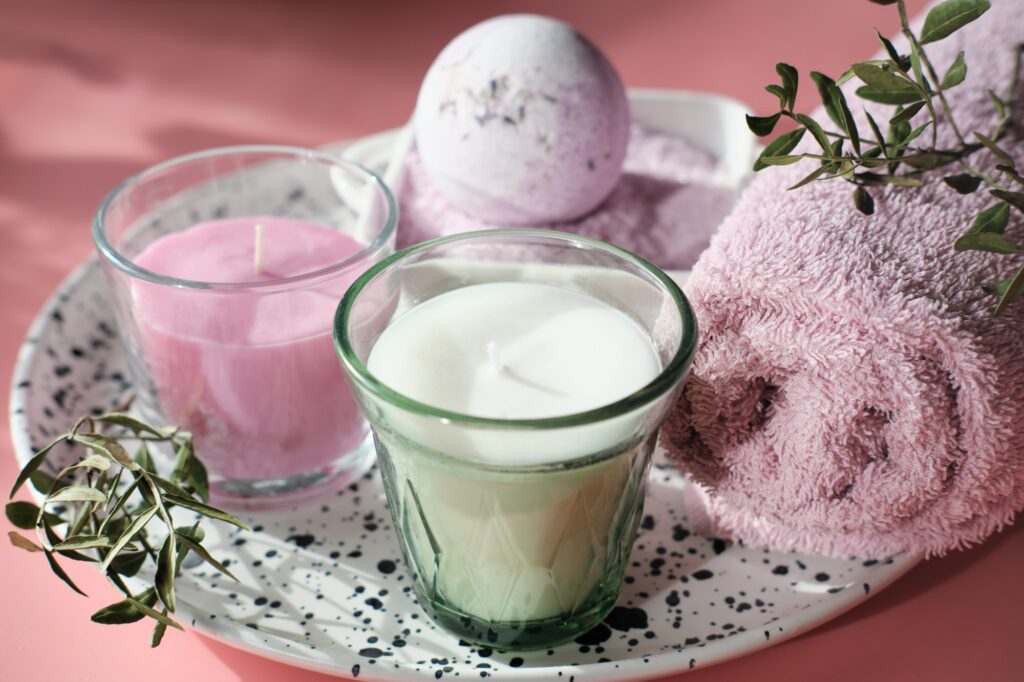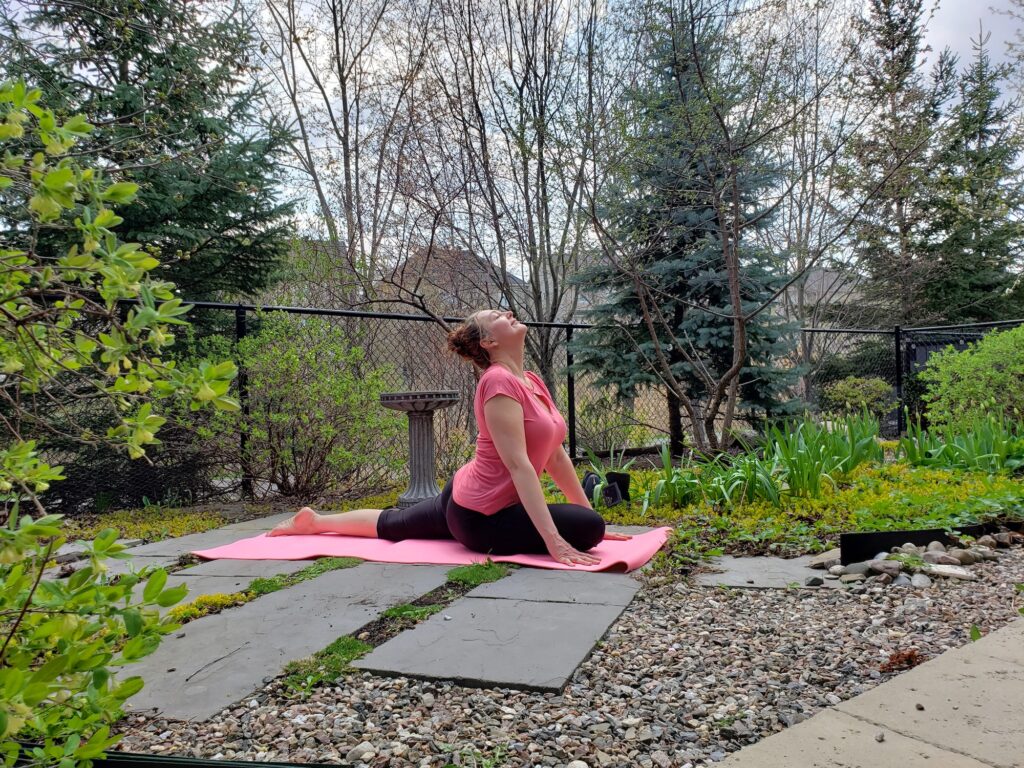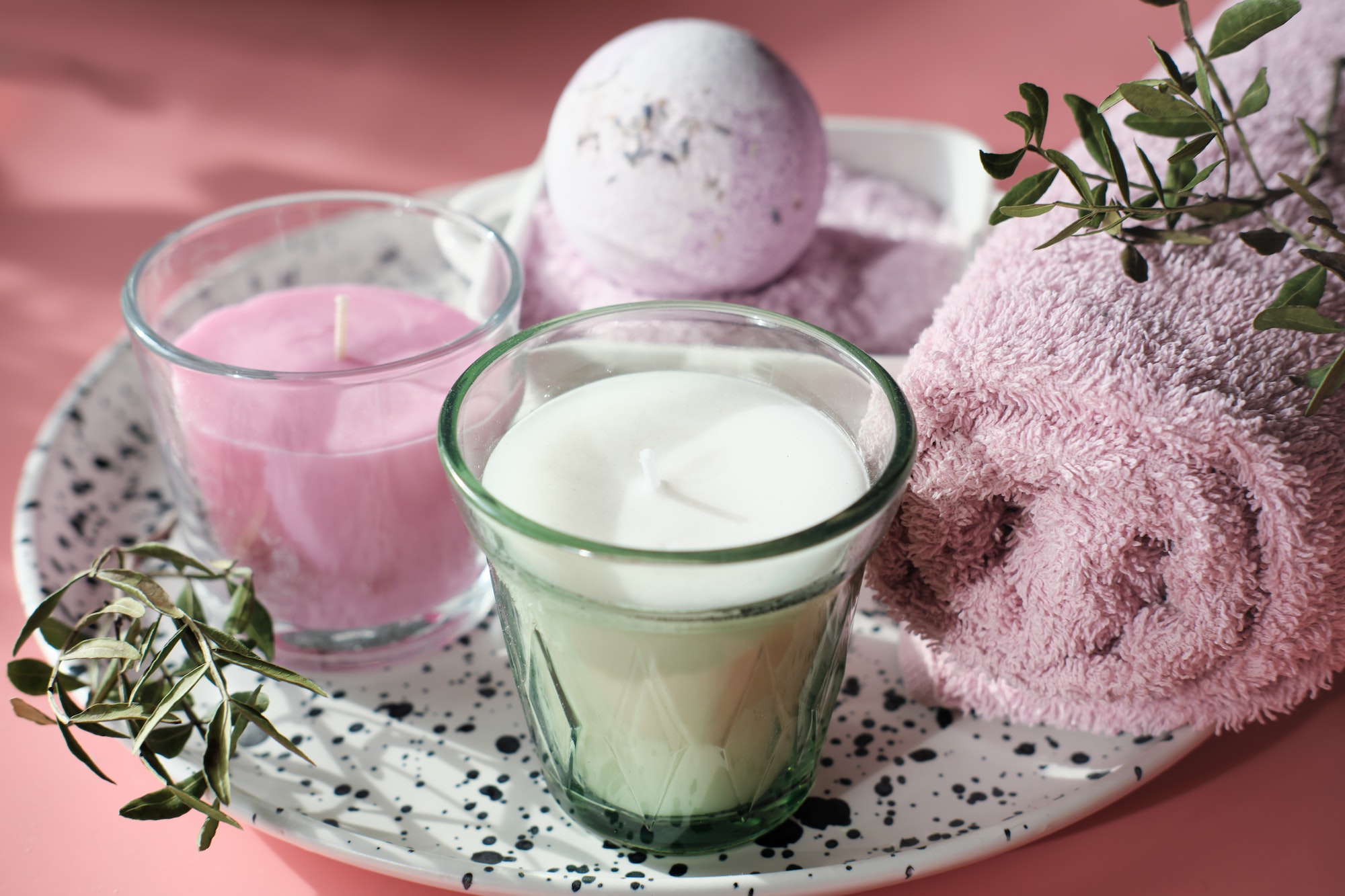It’s easy to get caught up in the hustle and bustle of everyday life. We often neglect our own needs and well-being in the process, leading to increased stress, burnout, and a general feeling of being overwhelmed. That’s why creating a self-care routine is crucial for maintaining a healthy and balanced lifestyle. In this comprehensive guide, we will explore the importance of self-care, the different types of self-care activities, and provide practical tips on how to create a self-care routine that works for you.

Understanding the Significance of Self-Care
Self-care is not selfish; it is a necessary practice for maintaining good mental and physical health. It involves deliberately engaging in activities that promote your overall well-being, including your physical, emotional, and spiritual needs. By taking the time to prioritize self-care, you are essentially recharging your batteries and ensuring that you have the energy and capacity to take care of others and fulfill your responsibilities.
Exploring Different Types of Self-Care Activities
Self-care activities can encompass a wide range of practices that cater to your unique needs and preferences. There are several key categories of self-care that you can consider incorporating into your routine:
1. Physical Self-Care
Physical self-care involves taking care of your body through activities that promote physical health and well-being. This can include regular exercise, maintaining a balanced and nutritious diet, getting adequate sleep, and practicing relaxation techniques such as yoga or meditation. Taking the time to prioritize physical self-care can help boost your energy levels, improve your overall health, and reduce stress.
2. Emotional Self-Care
Emotional self-care focuses on nurturing your emotional well-being and managing your emotions effectively. This can involve engaging in activities that help you relax, unwind, and express your emotions in a healthy way. Some examples of emotional self-care activities include journaling, practicing deep breathing exercises, seeking therapy or counseling, and connecting with loved ones or support groups.
3. Mental Self-Care
Mental self-care involves taking care of your cognitive well-being by engaging in activities that stimulate your mind and promote mental clarity. This can include reading books or articles that interest you, engaging in puzzles or brain games, learning new skills or hobbies, and practicing mindfulness or meditation. Engaging in regular mental self-care activities can help improve your focus, enhance your problem-solving abilities, and reduce mental fatigue.
4. Spiritual Self-Care
Spiritual self-care focuses on nourishing your spiritual well-being and finding meaning and purpose in your life. This can involve engaging in activities that align with your personal beliefs and values, such as practicing mindfulness or meditation, connecting with nature, participating in religious or spiritual practices, or engaging in acts of service or kindness. Spiritual self-care can provide a sense of inner peace, fulfillment, and connectedness.
5. Social Self-Care
Social self-care involves nurturing your relationships and fostering a sense of connection with others. This can include spending quality time with loved ones, engaging in activities or hobbies with friends, joining social or community groups, or seeking support from others when needed. Prioritizing social self-care can help combat feelings of loneliness, enhance your sense of belonging, and provide emotional support during challenging times.
6. Professional Self-Care
Professional self-care entails taking care of your well-being in the context of your work or career. This can involve setting boundaries between work and personal life, practicing time management and prioritization, seeking opportunities for growth and learning, and taking regular breaks to rest and recharge. By prioritizing professional self-care, you can avoid burnout, enhance your productivity, and maintain a healthy work-life balance.

How to Create a Self-Care Routine for Relaxatio
Now that we have explored the different types of self-care activities, let’s dive into practical tips on how to create a relaxing self-care routine that works for you. Remember, self-care is a personal journey, and it’s important to tailor your routine to your unique needs and preferences. Here are some guidelines to help you get started:
1. Identify Your Needs and Priorities
Take some time to reflect on your needs and priorities. Consider what activities bring you joy, relaxation, and a sense of fulfillment. Think about what areas of your life require more attention and care. By understanding your needs and priorities, you can create a self-care routine that addresses these areas effectively.
2. Start Small and Be Realistic
When beginning a self-care routine, it’s important to start small and be realistic about what you can feasibly incorporate into your daily or weekly schedule. Begin by adding one or two self-care activities to your routine and gradually increase the frequency or duration as you become more comfortable. Remember, self-care doesn’t have to be time-consuming or extravagant; even small acts of self-care can make a significant difference.
3. Schedule Time for Self-Care
Intentionally schedule time for self-care in your daily or weekly calendar. Treat it as a non-negotiable appointment with yourself. This will help ensure that you prioritize self-care and make it a regular part of your routine. Whether it’s dedicating 15 minutes each morning for meditation or scheduling a weekly yoga class, having a set time for self-care can help you stay committed to the practice.
4. Experiment and Find What Works for You
Self-care is a highly individualized practice, and what works for one person may not work for another. Experiment with different self-care activities and find what resonates with you. You may discover that you enjoy painting, taking long walks in nature, or engaging in creative writing. The key is to find activities that genuinely bring you joy and relaxation.
5. Be Mindful and Present in the Moment
When engaging in self-care activities, practice mindfulness and be fully present in the moment. Allow yourself to fully immerse in the experience and let go of any distractions or worries. This will help you derive maximum benefit from your self-care routine and cultivate a sense of calm and relaxation.
6. Adapt and Evolve Your Routine
As your needs and circumstances change, it’s important to adapt and evolve your self-care routine accordingly. Life is dynamic, and what worked for you in the past may not work for you now. Be open to trying new activities and adjusting your routine as needed. Flexibility is key to maintaining a sustainable and fulfilling self-care practice.
7. Seek Support and Accountability
Consider seeking support and accountability from loved ones or support groups. Sharing your self-care journey with others can provide encouragement and motivation. You can also consider partnering with a friend or family member to engage in self-care activities together, creating a sense of camaraderie and mutual support.
8. Practice Self-Compassion
Remember to practice self-compassion throughout your self-care journey. It’s common to experience feelings of guilt or self-judgment when prioritizing your own needs. Remind yourself that self-care is essential for your well-being and that taking care of yourself ultimately benefits those around you. Be kind and forgiving towards yourself if you miss a self-care session or if things don’t go as planned.
9. Stay Consistent and Make it a Habit
Consistency is key when it comes to self-care. Make a commitment to yourself to prioritize self-care regularly, even on days when you may not feel like it. By staying consistent, you will begin to reap the long-term benefits of self-care and establish it as a healthy habit in your life.
10. Embrace the Journey
Lastly, remember to embrace the journey of self-care. It’s not just about the end result; it’s about the process of self-discovery, growth, and self-nurturing. Be open to exploring new activities, trying different approaches, and learning more about yourself along the way. Self-care is a lifelong practice, and each step you take towards prioritizing your well-being is a step towards a more balanced and fulfilling life.
How to Create a Self-Care Routine
Creating a relaxing self-care routine is a personal and transformative journey. By incorporating various types of self-care activities into your daily or weekly routine, you can nurture your mind, body, and soul, and maintain a healthy and balanced lifestyle.
Remember, self-care is not a luxury; it is a necessity for overall well-being. So, take the time to prioritize yourself, recharge your batteries, and create a life that is filled with joy, relaxation, and inner peace. Start your self-care journey today and reap the countless benefits it has to offer.










2 Responses